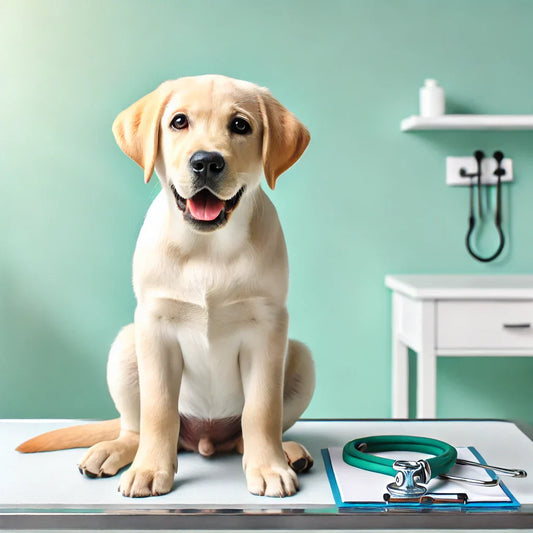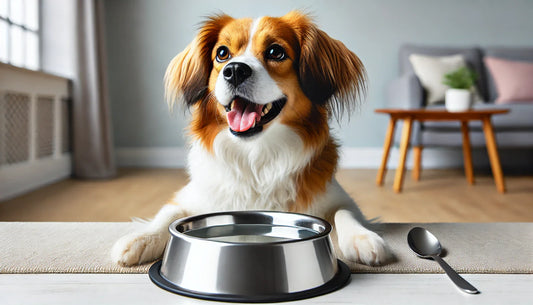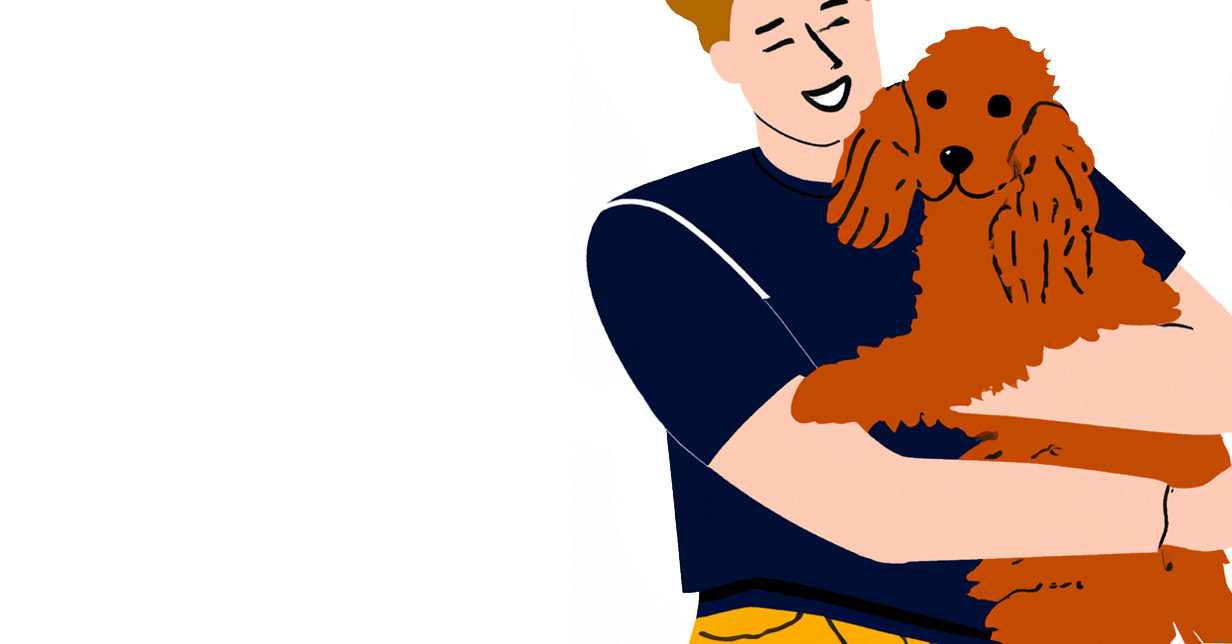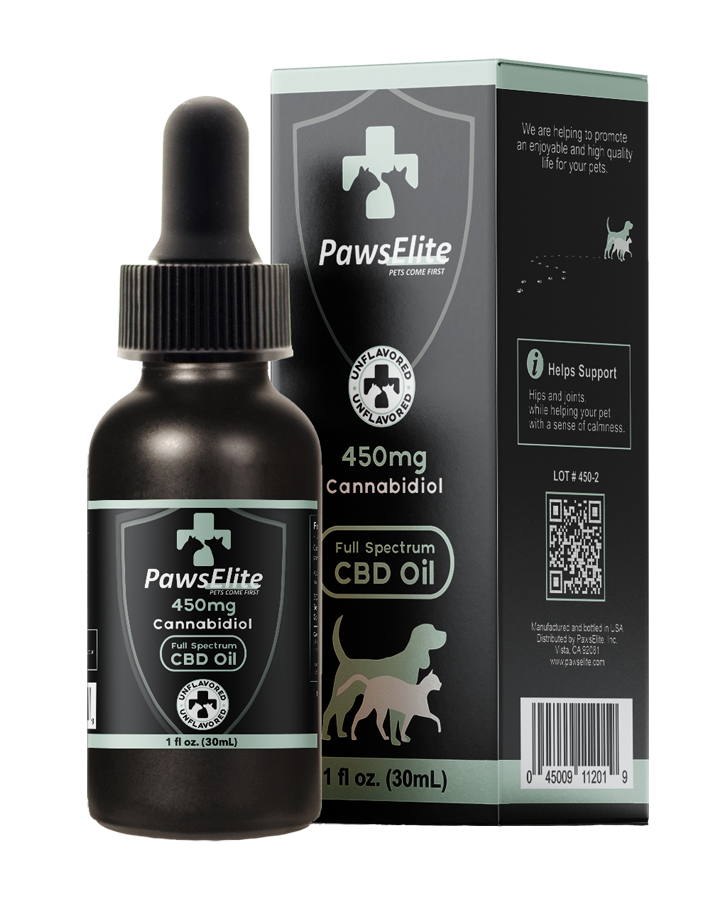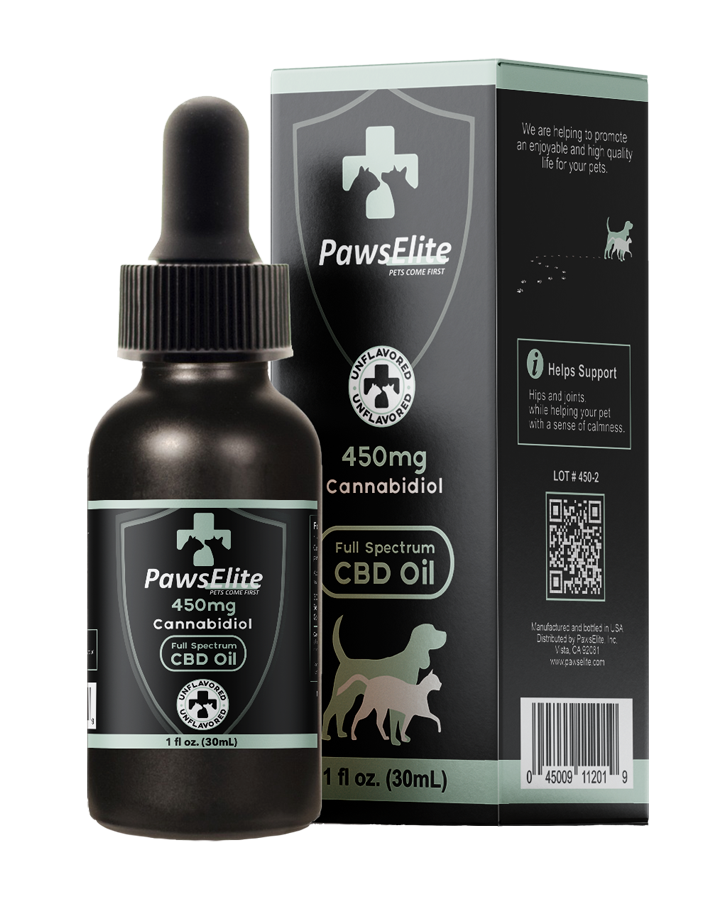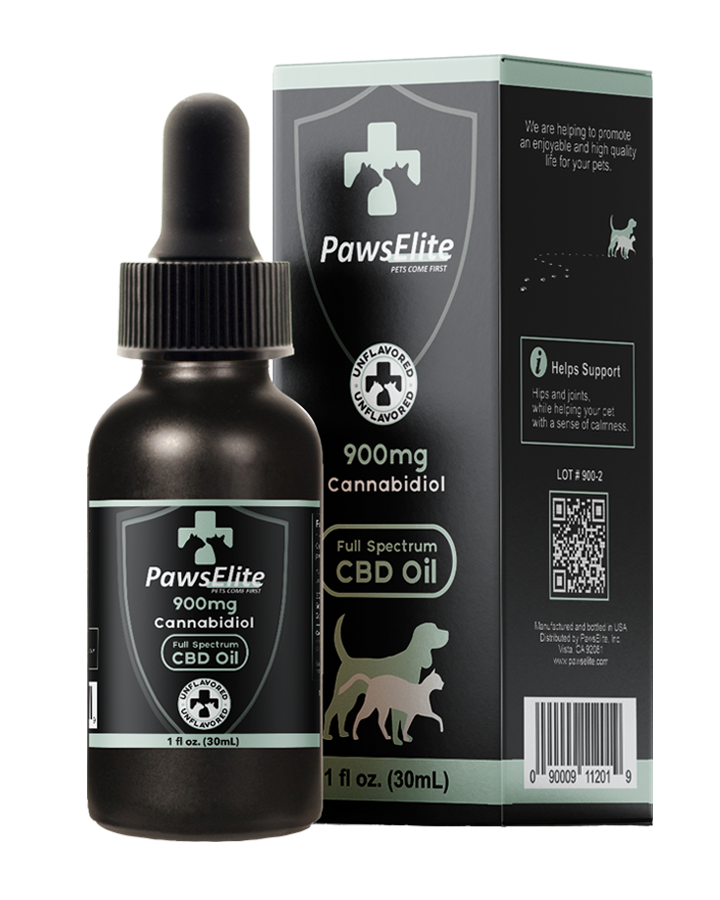
Dog Bloated Stomach Home Remedy - Your Guide to Dogs Bloat Home Remedies
Share
Have you noticed your dog laying around the house looking generally upset? Maybe you can visually see that your dog's stomach bloating fluctuates in size, or shape throughout the day. There are many signs of a bloated stomach, and the symptoms of dog digestive system issues. It's a challenge for pups parents, but it's something that you can assess yourself, and start working on immediately to improve their quality of life.
Of course, there are typical cases of gas, weight fluctuation, and sour stomach that aren't related to a bloated stomach. Here, we're going to cover precisely what causes bloat, how to assess it in your pup, and what to do about it. Here we'll look at some Dog Bloated Stomach Home Remedy

Dog Bloated Stomach Home Remedy
Learning how to help dogs bloated stomach with home remedies should always start with their diet. If you notice signs of stomach bloating, you need to take immediate action such as home treatment for bloat. Your vet will determine what direct course of treatment is necessary, but the real way to handle a bloated stomach is prevention.
A raw diet is the best way to help dogs at high risk for dogs bloated stomach to deter this medical issue. Among the popular choices are chicken, turkey, ground beef, and down under, you can even get hold of kangaroo meat for dogs. Avoid kibble or even premixed food and instead, focus on natural proteins and small amounts of starch.
A raw diet is the best way to help dogs at high risk for dogs bloated stomach to deter this medical issue. Among the popular choices are chicken, turkey, ground beef, and down under, you can even get hold of kangaroo meat for dogs. Avoid kibble or even premixed food and instead, focus on natural proteins and small amounts of starch.
If you're looking at the different dog food you can find on the shelf, look for food that has meat meal, bone, and fat in the top ingredients. Bones are also good as they can help strengthen their stomach muscles and even reduce gas.
The Go-To Dog Bloated Stomach Home Remedy
Some effective methods to reduce or prevent stomach bloat in dogs include using slow-feed bowls. These bowls feature deep ridges that make it challenging for your dog to take large bites, which can help reduce the risk of bloating. In addition to slow-feeding, consider a bland homemade diet or a limited ingredient diet to address any potential diet sensitivity or food allergies your dog may have. Opting for small, frequent meals throughout the day rather than one or two larger feedings can also be beneficial, particularly after a dog has recovered from stomach bloat. Increasing your dog's exercise before meals while avoiding physical activity right after eating can also help.
Providing your dog with a complete & balanced diet is essential for maintaining overall health, and it may be helpful to explore adding probiotics, prebiotics, and digestive enzymes to their meals to promote better digestion and reduce intestinal issues. In cases where your dog has a high-protein diet, it's crucial to monitor how they digest their food, as certain dogs may have difficulty processing specific ingredients.
Fur parents understand that, while many issues can be managed, stomach bloat requires intentional prevention. If you notice any signs of a bloated stomach, seek immediate veterinary care. Stomach bloat is a medical emergency that demands quick action.
Here is a list of some natural home remedies for your dogs bloated stomach:
Probiotics and Prebiotics
As part of the normal gut flora, your dog's gut contains both "good" and "bad" bacteria. For your dog to be healthy, there has to be a balance between these two types of bacteria. The fiber that makes up prebiotics cannot be digested.
While they shouldn't be used as a quick fix, you can ensure that your dog consumes enough of them to help ward off bloat in the future. Prebiotics and the finest probiotics for dogs are now found in many commercial dog diets, which helps to support healthy digestion in dogs.
Avoid Sudden Change in Diet
A sudden change in your dog's food may cause them to produce more gas than usual. You must alter your pet's food gradually if you choose to do so. Additionally, make sure your pet is receiving a high-quality nutrition.
Don't, however, abruptly alter your dog's nutrition. So that Fido's stomach has time to adjust, go slowly. Surprisingly, switching to a new, healthier meal may cause Fido to feel queasy or bloated.
Pumpkin for Upset Stomach in Dogs
Pumpkin is a great natural remedy for soothing a dog’s upset stomach. The American Kennel Club recommends using cooked pumpkin because it is rich in fibre, which helps regulate digestion. Whether your dog is dealing with diarrhoea or constipation, pumpkin can gently balance their digestive system and ease discomfort.
To add pumpkin to your dog’s diet, start with 1 to 4 tablespoons of plain, cooked pumpkin mixed into their regular food. Make sure to use only plain pumpkin with no added sugar or spices. Avoid using raw pumpkin or pumpkin pie filling, as they may contain ingredients that could be harmful to your dog.
For a fun and healthy treat, you can also check out this No-Bake Pumpkin Dog Treats Recipe to incorporate pumpkin into your dog’s diet in a creative way.
Senior Dogs and Upset Stomach
As dogs age, their digestive systems can become more sensitive, making them prone to bacterial problems and other stomach issues. Senior dogs often require special attention when it comes to managing upset stomachs, as their overall health and digestion may be impacted by environmental changes or even shifts in diet. Understanding these unique needs is crucial to keeping your older dog comfortable and healthy.
Massage Dogs Stomach to Relive Gas
Your dog could be unable to expel gas on his own due to gas accumulation.
While pushing out the gas is the greatest way to massage gas out of a dog, you can also try rubbing other parts of your dog to bring him some comfort. Massage your dog in regions unrelated to digestion to help relieve gas, which can be connected to stress and anxiety.
Light Workout and Exercises
Walking can assist your pet pass gas and is a mild workout. Exercise stimulates the digestive system and boosts blood flow.
Even during a stroll, your dog could pass stool, which would free up some space and make him feel more at ease straight immediately.
Just be careful that the activity isn't too demanding or your dog can become nauseous.
Don’t use Raised Bowls
Ironically, vets used to advise them for bigger breeds to help avoid bloat. Raised bowls enhance your dog's risk of bloat, according to recent studies.
According to research, 52% of instances involving huge breeds and 20% of cases involving large breed dogs. The presence of a high meal dish was directly connected to bloat.
What Causes or Contributes to Dog Stomach Bloating?
Gastric Dilatation-Volvulus, or GDV, is the proper term for a handful of common stomach ailments that causes dog upset stomach. Your vet may refer to gastric torsion, stomach bloat, bloat, or bloated stomach, but it all comes down to GDV. GDVcan sometimes be mistaken by symptoms such as farting dog bloating.
There are a few key things that directly impact the risks or possibilities that your dog could experience stomach bloat:
- Extremely Large Dog Breeds - breeds including St. Bernards, Mastiffs, Dobermans, Boxers, Grey Hounds, Great Danes, and dogs with similar structures are at a high-risk of stomach bloat.
- Heavy dogs - dogs weighing over 100 pounds, whether that is normal for the breed or not.
- Eating only once per day - this increases consumption rate and the risk for bloat.
- Underweight dogs
- Male dogs
- Dogs between 2 and 10 years old
- Dog foods with high animal fats
- No water, or excessive water before or after meals
Dog Stress is a particular issue that comes into play. Dogs will often change their eating habits and contract bloat much easier when they experience anxiety, fear, or aggression. Many pet owners have chosen to use Organic CBD oil for pets to help calm pets and reduce the chances of anxiety or fear related issues.
Signs Your Dog Bloated Stomach
The primary symptoms that most pet owners notice include:
- Over-sized stomach
- Hyper-salivation (excessive drooling)
- Heavy breathing, or trouble getting a full breath
- Lethargy - particularly tiredness without sleeping
- Dry heaving without vomit
- Whining - constant whining
- Pacing
These symptoms will often occur shortly after eating, especially if you noticed your dog was eating quickly or in taking a lot of air with their bites

Can a Bloated Stomach be Dangerous to Dogs?
Yes! Never underestimate the seriousness of a bloated stomach. Dogs with stomach torsion or GDVare at a high risk of cardiac arrest and shock because of the strain placed on their circulatory system.
GDV has an almost 50% mortality rate. That means that if your dog has GDV, you need to take immediate action to get emergency treatment and then long-term treatment as well. Even when you have emergency treatment, there is still about a 30% mortality rate.

Homemade Dog Food for Dog Bloated Stomach Home Remedy
When your dog shows stomach upset symptoms, offering a bland diet can be an effective way to soothe their digestive system. Preparing homemade dog food with simple, gentle ingredients can help ease their discomfort without aggravating the issue further. A common and well-loved remedy is a mix of boiled boneless chicken and cooked rice. This combination provides lean protein and easily digestible carbohydrates, making it a perfect meal for dogs with diet sensitivities or those experiencing persistent vomiting.Providing the right balance of nutrients through a bland homemade diet can help calm your dog’s stomach while promoting recovery. Always ensure that the food you prepare is free from added fats, spices, or oils, and focus on gentle, easily digestible ingredients to support their healing.


